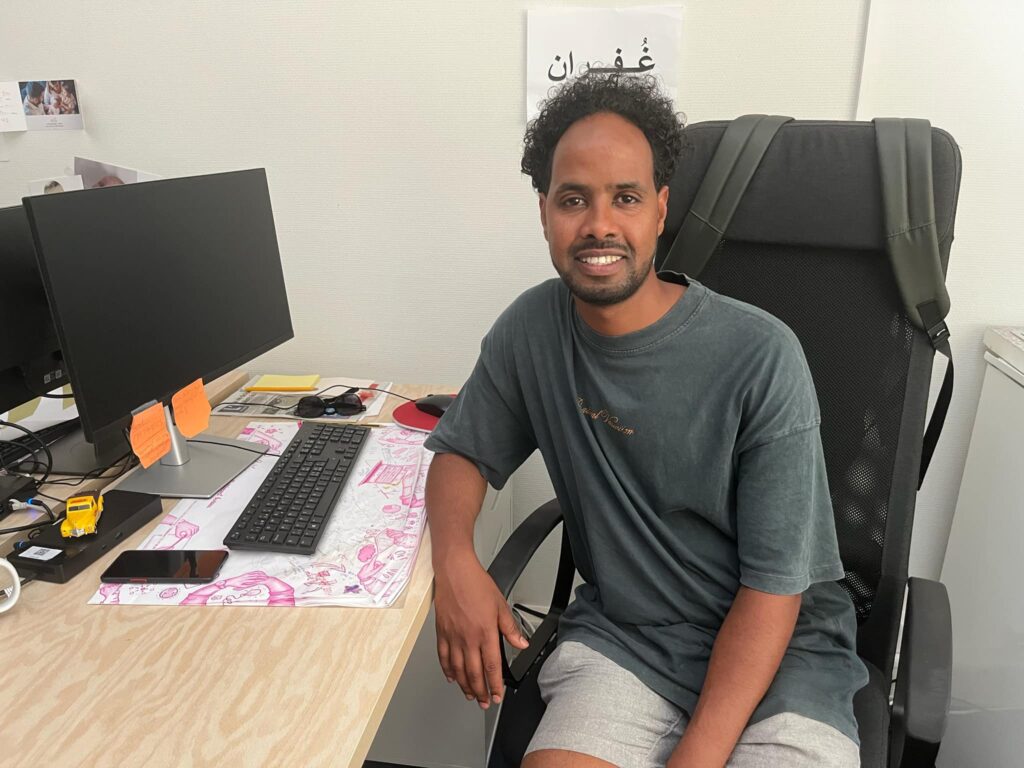15 July 2025

Meeting Danay Haile, Eritrean Intercultural Interpreter at LISKO since April 2020.

I take part in one-on-one social and psychological interviews, training sessions, and telephone conversations, always taking into account the cultural differences and specificities of the beneficiaries.
How would you describe your role as an intercultural interpreter at LISKO?
“My role is to translate exchanges into Tigrinya between my social worker colleagues and our Eritrean beneficiaries of international protection. I take part in one-on-one social and psychological interviews, training sessions, and telephone conversations, always taking into account the cultural differences and specificities of the beneficiaries. I see myself as a point of reference: being part of the same community as our Eritrean refugees and having gone through similar challenges myself, I can help the social workers better understand this very reserved and conservative group. On the other hand, feeling well integrated here in Luxembourg, I can also provide our beneficiaries with insight into the local culture.”
What qualities are necessary to be a good intercultural interpreter?
“It is essential to position yourself as a ‘bridge’ between both parties and to remain neutral. I’m here to facilitate communication and mutual understanding. I don’t interfere in the support work of social workers, and I don’t give my opinion during conversations. Good listening skills are crucial to provide the most accurate translation possible, which sometimes involves asking questions or clarifying points. I am also bound by professional confidentiality, as I have access to a lot of personal information about the beneficiaries.”
What challenges do you face?
“What can be difficult is when a beneficiary wants to confide in me or build a more informal relationship; I then have to remind them that they must go through their social worker. As an interpreter, my role is limited; I’m not the person who can offer solutions. That’s one of the reasons I decided to pursue studies to become a social worker. I’ve just completed my first year.”
What do you particularly enjoy about this profession?
“It’s a very human job. Helping people from my community brings me great joy. I have so many enriching encounters — amazing individuals, many of them young adults on their own, who are fighting to integrate into society as best they can, despite cultural differences.”